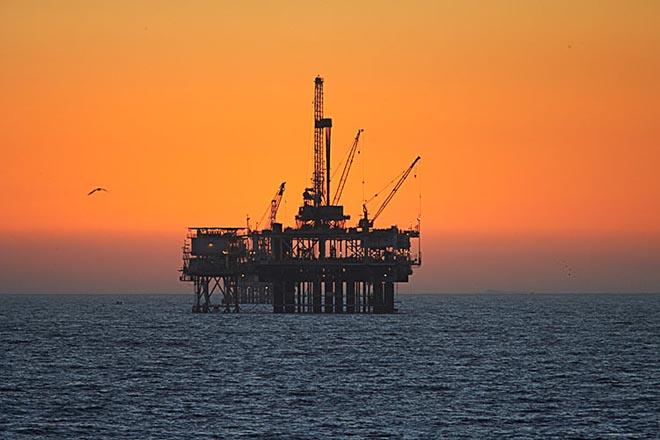BAKU, Azerbaijan, Sept.11
By Leman Zeynalova - Trend:
Offshore oil production will fall by more than two thirds to 2050, Trend reports with reference to Germany-based DNV GL company.
“The shift from more oil to cheaper oil in a declining market will increase pressure on offshore and unconventional onshore oil production to 2050, as conventional onshore from the Middle East and North Africa is set to win on cost. Offshore oil production will fall by more than two thirds to 2050, while onshore unconventional will fall by almost half. This compares to a fall of under 40% for conventional onshore, and around a 50 percent decline in total oil production during the forecast period. Unconventional onshore oil could stay more resilient than offshore oil due to greater flexibility to turn the taps on and off amid uncertainty – such as the shocks to the market in 2020.
“In turn, while offshore oil production could be held back by the capitalintensive cost of going offshore amid declining oil demand, it could also beat shale on cost per barrel, particularly if the cost of greenhouse gas emissions becomes an increasing factor. Operators have reported break-even costs of USD 30 per barrel for some large offshore assets.6 At these costs, offshore oil could outcompete shale, but this may not be enough to make such assets commercially competitive with onshore conventional oil in the long run. On one side, regional drives to ensure energy security and maintain revenues from fossil fuels could also play a role in maintaining offshore oil production.
“On the other, societal pressure and targets to reduce emissions could hold offshore oil back in some regions. Climate ambitions and targets are driving international oil companies (IOCs) to focus on becoming broader energy companies, increasingly investing in renewables and clean energy sources – though for most IOCs these green investments currently pale in comparison with their oil and gas investments. It is these IOCs that would have traditionally developed frontier oil and gas resources from challenging environments and reservoirs, as the scale of investment required for the exploration and production of these resources often places them outside the range of risk that newer, mid-sized, pure hydrocarbon players would consider,” said the company.
---
Follow the author on Twitter:@Lyaman_Zeyn






